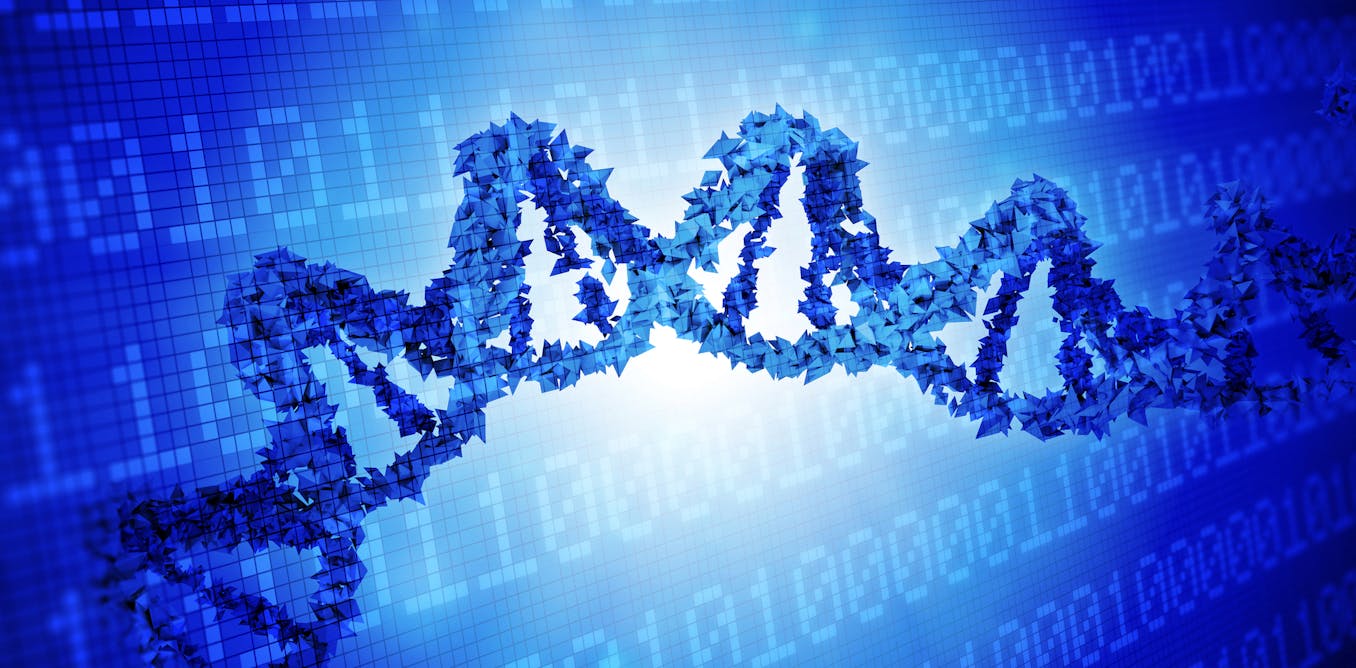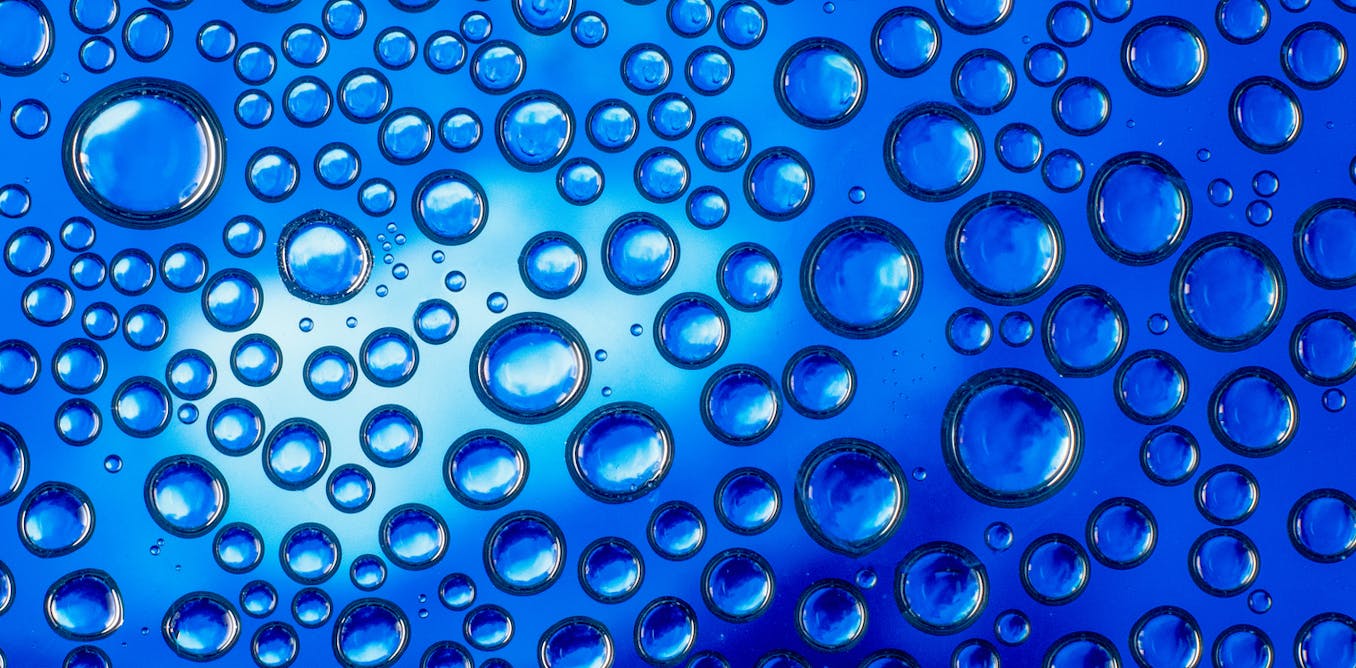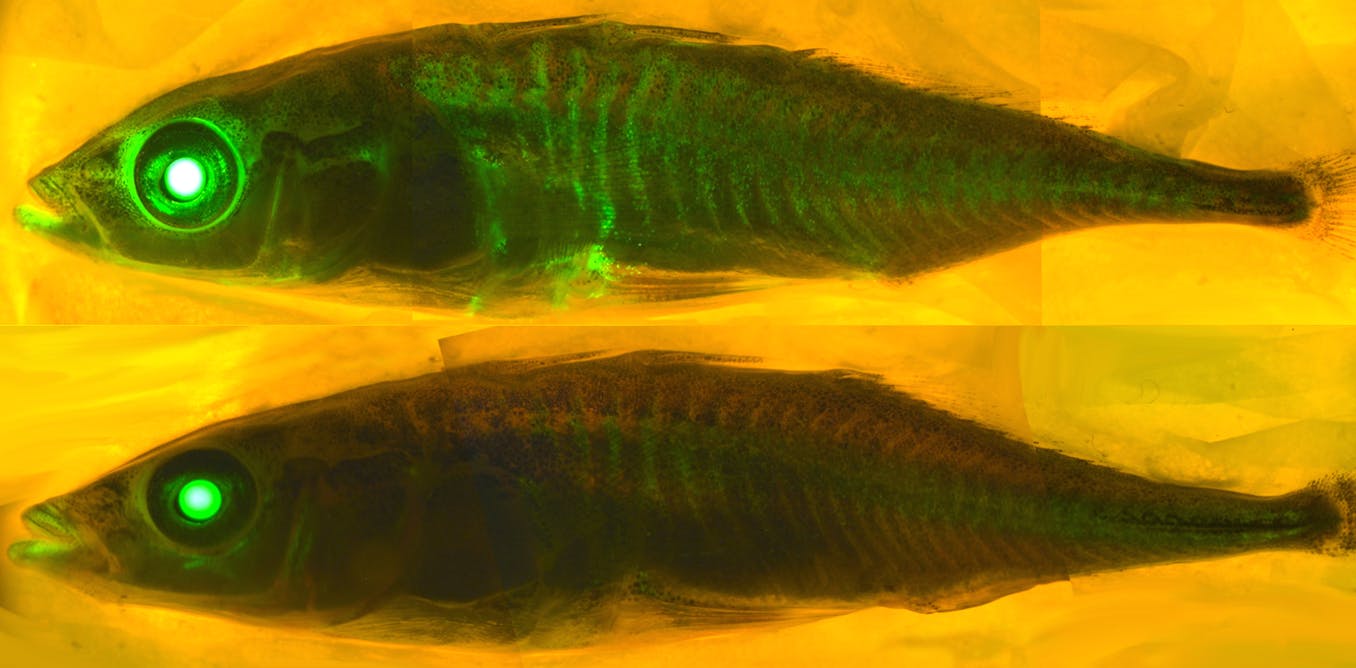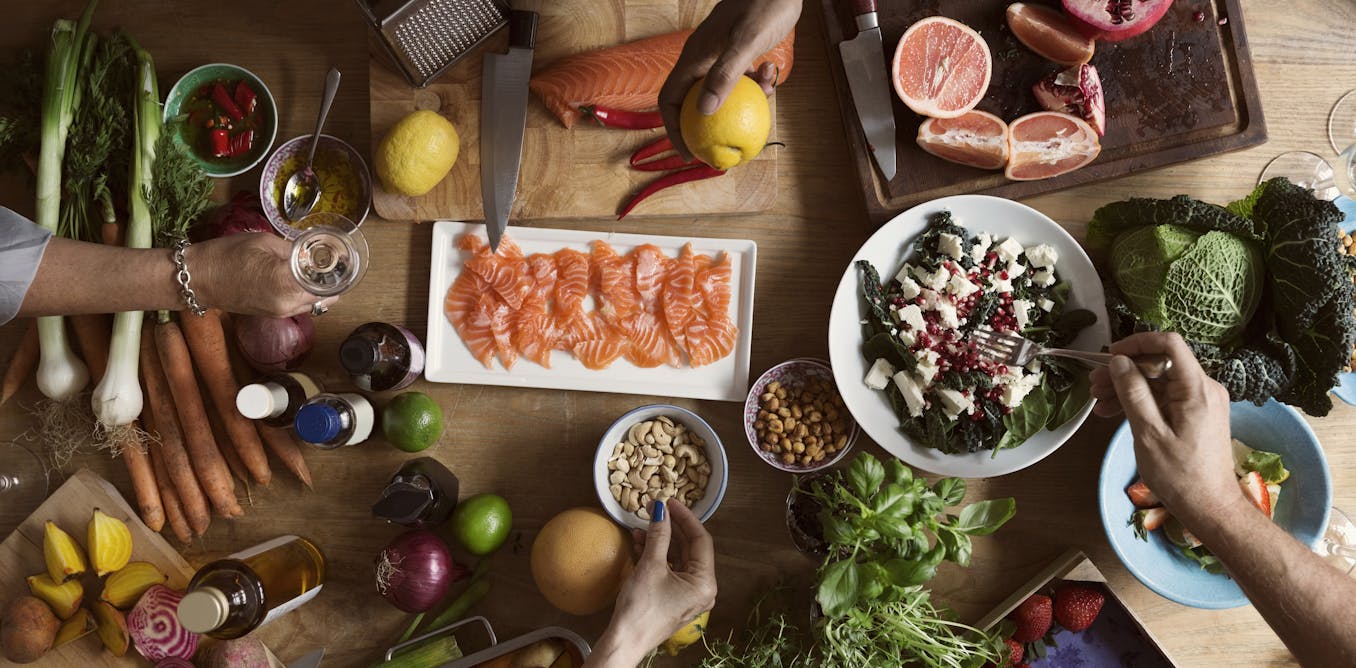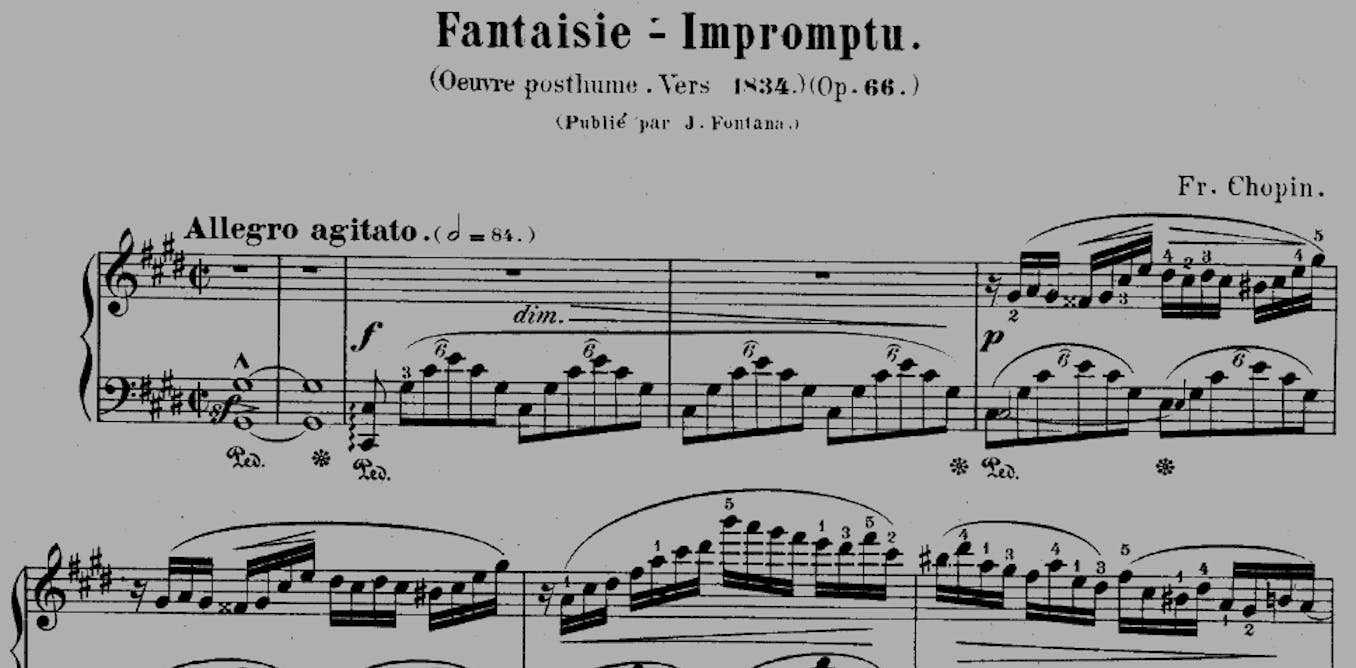Your genetic code has lots of 'words' for the same thing – information theory may help explain the redundancies
Many of the amino acids that make up proteins are encoded by genetic material in more than one way. An information theorist explains how principles of nature may account for this variance.
July 27, 2023 • ~7 min

